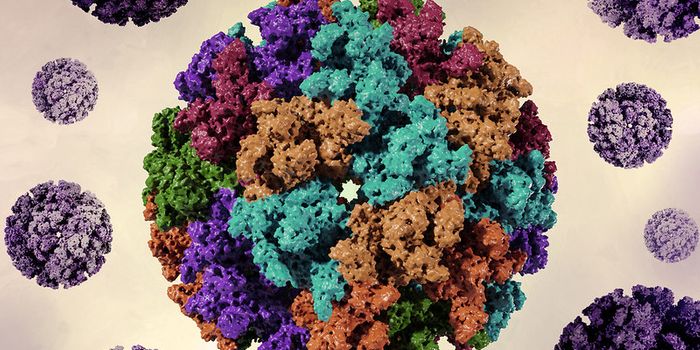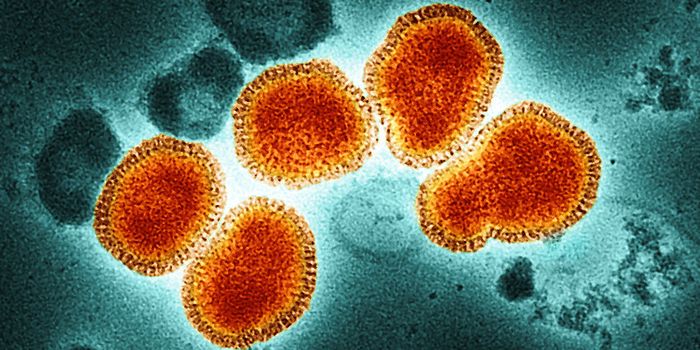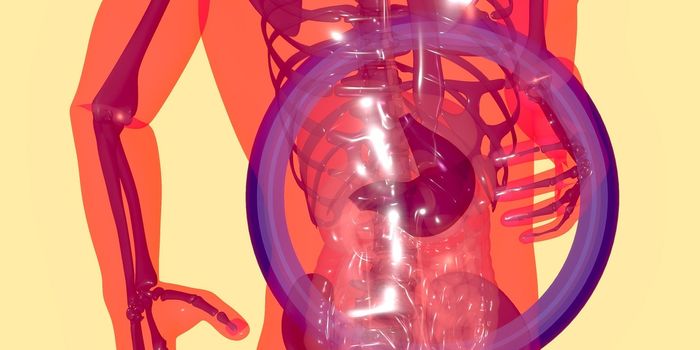Bacterial 'Sex' Allows Microbes to Share an Essential Vitamin
Bacteria can easily pass bits of DNA to one another. This process, known as horizontal gene exchange, allows bacteria to share genes that enable them to resist the effects of antibiotics. A new study has shown that bacteria can use this mechanism to pass other things to each other too, such as certain crucial nutrients like vitamin B12.
Most living cells need vitamin B12 to function properly. The gut microbes that help us digest food and absorb nutrients also need their B12, and new research has shown that gut microbes share the vitamin, using the horizontal gene exchange process, which has been called a kind of bacterial sex. The work has been published in Cell Reports.
In this phenomenon, one bacterial cell forms a tube, or sex pilius, and uses it to pass DNA to another cell, explained study leader Patrick Degnan, a microbiologist at the University of California - Riverside. "It's as if two humans had sex, and now they both have red hair."
The research team is "excited about this study" since it has demonstrated that bacteria use this process for more than just sharing antibiotic-resistance genes. "The horizontal gene exchange among microbes is likely used for anything that increases their ability to survive, including sharing vitamin B12," Degnan added.
Degnan and colleagues have recently found a transporter that plays a critical role in the movement of materials into cells. The team investigated what cargo was being moved, and identified vitamin B12.
In this study the researchers combined bacteria that are able to take up B12 and bacteria that cannot. Once they were together, they were able to share vitamin B12. The cells formed a tube, a sex pilius, to move it. Any bacteria that were unable to transfer B12, but were able to sustain life were found to have acquired the genes that are needed to move B12.
This experiment also worked when the researchers studied the phenomenon in the gut of a living mouse. They used a type of common human gut bacteria called Bacteroides, which are known to break down large carbohydrates so they can be digested, supplying our bodies with energy, noted Degnan.
Gut bacteria are also important to maintaining a healthy lining in the gut that keeps out nasty pathogens and prevents infections from taking hold. The more we know about a healthy microbiome, the easier it will be to tailor an individual's gut microbiome for better health.
"There's no one way to have a healthy microbiome, but generally, having a diverse community of anaerobic bacteria is a healthy thing and can have beneficial effects," Degnan said.
Sources: University of California - Riverside, Cell Reports









